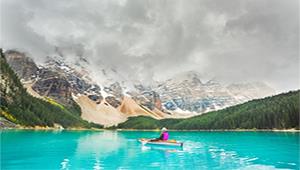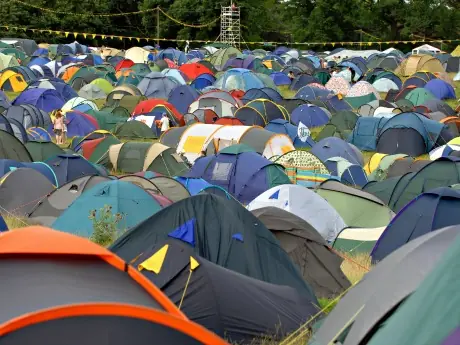Some park rangers collect environmental data on wildlife and plant populations. Others focus on teaching the public about how to enjoy and protect nature, and how things like pollution, litter and climate change affect the parks.
Other park ranger duties may include law enforcement and firefighting, collecting usage fees, permit and equipment sales, and grounds maintenance. And some park rangers do it all.
The Benefits and Drawbacks of Being a Park Ranger
Some of the attractions of a park ranger career include working outdoors and caring for nature. But there are also drawbacks to this type of job, like working weekends, holidays and during the summer, because those are some of the most popular times for visitors to enjoy the parks.
You also have to be okay with doing manual labor in hot, cold or wet conditions. After all, you're working outside.
Also, the further up the park ranger ladder you go, from county to state to federal, the more likely it is that you'll be assigned to a region some distance from your current location.
Get Familiar With the Park System
The best way to learn if being a park ranger is a good fit for you is to visit as many federal, state and county parks as you can. Study the parks' histories, their rules and regulations, and talk with park rangers about how they pursued their careers. They may be able to give you tips about how to join their ranks.
Another great source of information and programs is the National Park Service's website.
Gain Applicable Work Experience
It's hard to know if you'd truly like being a park ranger until you give it a try. Entry-level seasonal work is a great way to get experience and is how a lot of park rangers got their start.
The job market for forestry is highly competitive. For that reason, volunteering at national, state, county or municipal parks, or historic sites, is an excellent way to get a foot in the door. You can also work as a tour guide or docent at a museum.
The National Park Service has a volunteer program that shows you the ropes for how to become a park ranger.
And if you're still in school, the Student Conservation Association offers expense-paid internships that can give you a real taste for the type of work park rangers perform. Be sure to ask your school if volunteering will earn credits towards your graduation.
- 2
- of
- 3









Discuss This Article